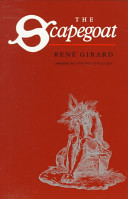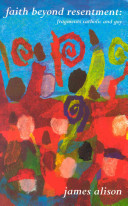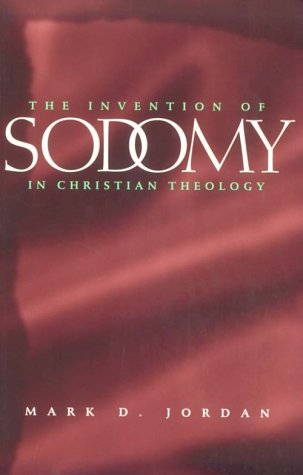or "Telling of the great things that the Lord has done for Us…"
 The last couple of weeks have provided me with an opportunity to think again on the dangers of being controlled by the crowd, of being conformed to the spirits of our age rather than allowing our minds to be transformed by the working of the Holy Spirit. Two weeks ago in the “new” Orthodox liturgical calendar we read Luke’s version of Jesus’ encounter with the demoniac who was possessed by Legion, so called because the forces that were driving this poor man were many. The appearance of this reading in the lectionary was providential, as it reminded me of the readings offered by René Girard and adapted to a gay audience by theologian James Alison.
The last couple of weeks have provided me with an opportunity to think again on the dangers of being controlled by the crowd, of being conformed to the spirits of our age rather than allowing our minds to be transformed by the working of the Holy Spirit. Two weeks ago in the “new” Orthodox liturgical calendar we read Luke’s version of Jesus’ encounter with the demoniac who was possessed by Legion, so called because the forces that were driving this poor man were many. The appearance of this reading in the lectionary was providential, as it reminded me of the readings offered by René Girard and adapted to a gay audience by theologian James Alison.

